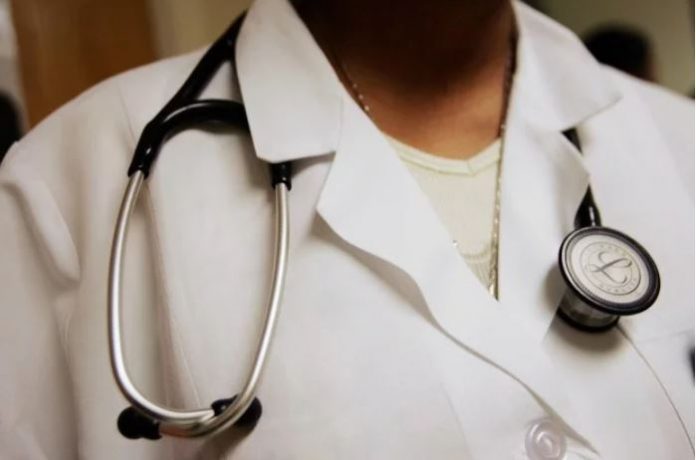
It has been almost two months since India detected its first Coronavirus case. We have seen a sudden spike and if medical experts are to be believed, it is turning out to be exactly as was expected. Dr Ambrish Mithal, Chairman and Head of Endocrinology and Diabetes at Max Healthcare says “this is how pandemics behave.
“However, the coming seven to 10 days will be very crucial in helping us understand the real situation. It is to be seen how high the numbers will go and how many of them will translate into death.”
Talking about the situation in India, Dr Mithal presses on two challenges. First and foremost regarding the increasing risk to health care providers.
“Gangaram had to quarantine a lot of their staff, the same happened with Jaslok, Saifee, Wockhardt, and several other hospitals, both in the private and public sector.
We have to be careful because our healthcare workers can be the main spreaders and if they are not protected, the virus will spread rapidly. So it is important to not expose all of them together – simply because whether we like it or not, some healthcare workers will get infected in most big hospitals, more so if their protective gear is inadequate.
The second challenge is identifying hot spots and carrying out meticulous testing in those areas to prevent the virus from spreading.
Myths around nutrition
A lot of people are now focusing on improving their immune system and looking at it as a way to combat the coronavirus. “The fact remains that if your immune system is strong, you will be able to deal with ‘any’ virus way better than those with compromised immunity,. However, there are no foods that will protect you specifically against COVID-19. To stay healthy, everyone should exercise, (particularly breathing exercises) and also follow a healthy diet.”
In fact, the lockdown provides us with a great opportunity to eat healthy, fresh home-cooked food.
When it comes to eating healthy we all know that we should avoid sugar-rich foods, minimize consumption of refined carbs, avoid white bread, have more fiber, more coloured fruits and vegetables as they are rich in antioxidants, avoid packaged food, avoid bad fats, focus on healthy fats like nuts. But we tend to overlook a specific nutrient which is all the more important right now – Vitamin D.
Importance of Vitamin D
Vitamin D is believed to be an immuno-modulator. Several studies have proven that urban Indians, especially white-collared workers, are commonly Vitamin D deficient. The chief reason is our tendency to avoid the sun- ‘sun fleeing’ behaviour of Indians as Dr Mithal calls it! Vitamin D affects our bone health and lack of it doesn’t let the body absorb calcium. Studies have also linked Vitamin D deficiency with respiratory infections – and as we all know Coronavirus (COVID-19) affects primarily the lungs. It is common sense, therefore, to ensure that or vitamin D status is optimal during these difficult times.
The trickiest part is that we can’t get Vitamin D through our diet. According to Dr Mithal, we should use Vitamin D fortified milk (please look for the F+ sign on the packet). Some of us can get our daily D fix from exposure to sunlight between 11 am and 3 pm, especially that the air pollution is down these days. If that looks like a challenge, small doses (1000-2000 IU) of Vitamin D taken daily won’t hurt and will help your body build overall immunity.
